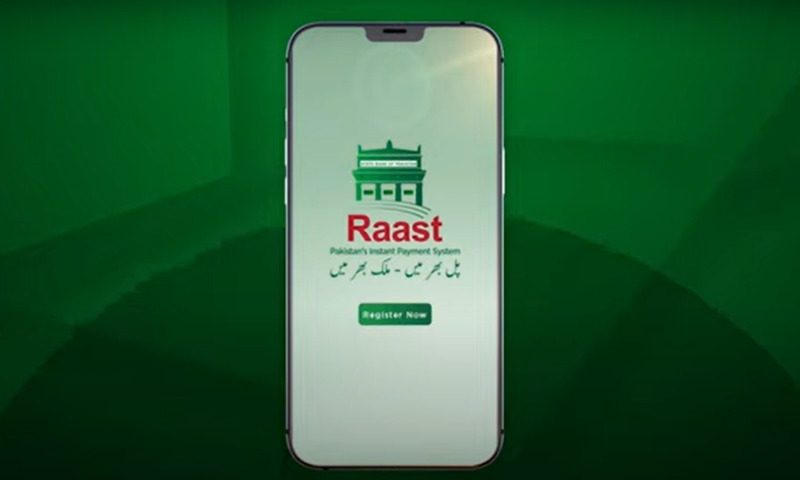
The State Bank of Pakistan (SBP) has launched a new service to facilitate digital payment acceptance for merchants and businesses.
What is Raast P2M?
Raast P2M stands for Raast Person-to-Merchant and allows merchants to accept payments from customers through multiple ways, including:
- Unified Quick Response (QR) Codes
- Raast Alias (such as mobile phone numbers)
- Bank accounts (IBAN)
- Request to Pay (RTP)
Benefits for Merchants:
- Faster transactions: Payments made through Raast P2M are processed instantly.
- Lower costs: Banks and other regulated entities are not allowed to charge fees for using Raast P2M.
- More convenient for customers: Customers can pay using their preferred method, including QR codes, mobile wallets, and online banking.
- Increased sales: Digital payments can help businesses attract new customers and increase sales.
How to Use Raast P2M:
Merchants must first register with their bank or other regulated entity to use Raast P2M. Once registered, they will be able to generate QR codes and Raast Aliases to share with customers. Customers can then use their smartphones to scan QR codes, enter Raast Aliases, or initiate a Request to Pay to make payments.
Timeline for Implementation:
All banks, Micro Finance Banks (MFBs), Electronic Money Institutions (EMIs), Payment System Operators (PSOs), and Payment Service Providers (PSPs) are required to enable Raast P2M for their customers by March 1, 2024. Existing merchants acquiring REs must integrate with Raast by March 31, 2024, and all billers/bill-aggregators must be enabled by March 31, 2024.
Overall, the launch of Raast P2M is a significant step forward in promoting digital payments in Pakistan. By making it easier and more convenient for businesses to accept payments digitally, Raast P2M has the potential to boost the economy and improve financial inclusion.